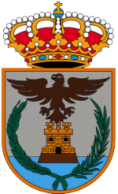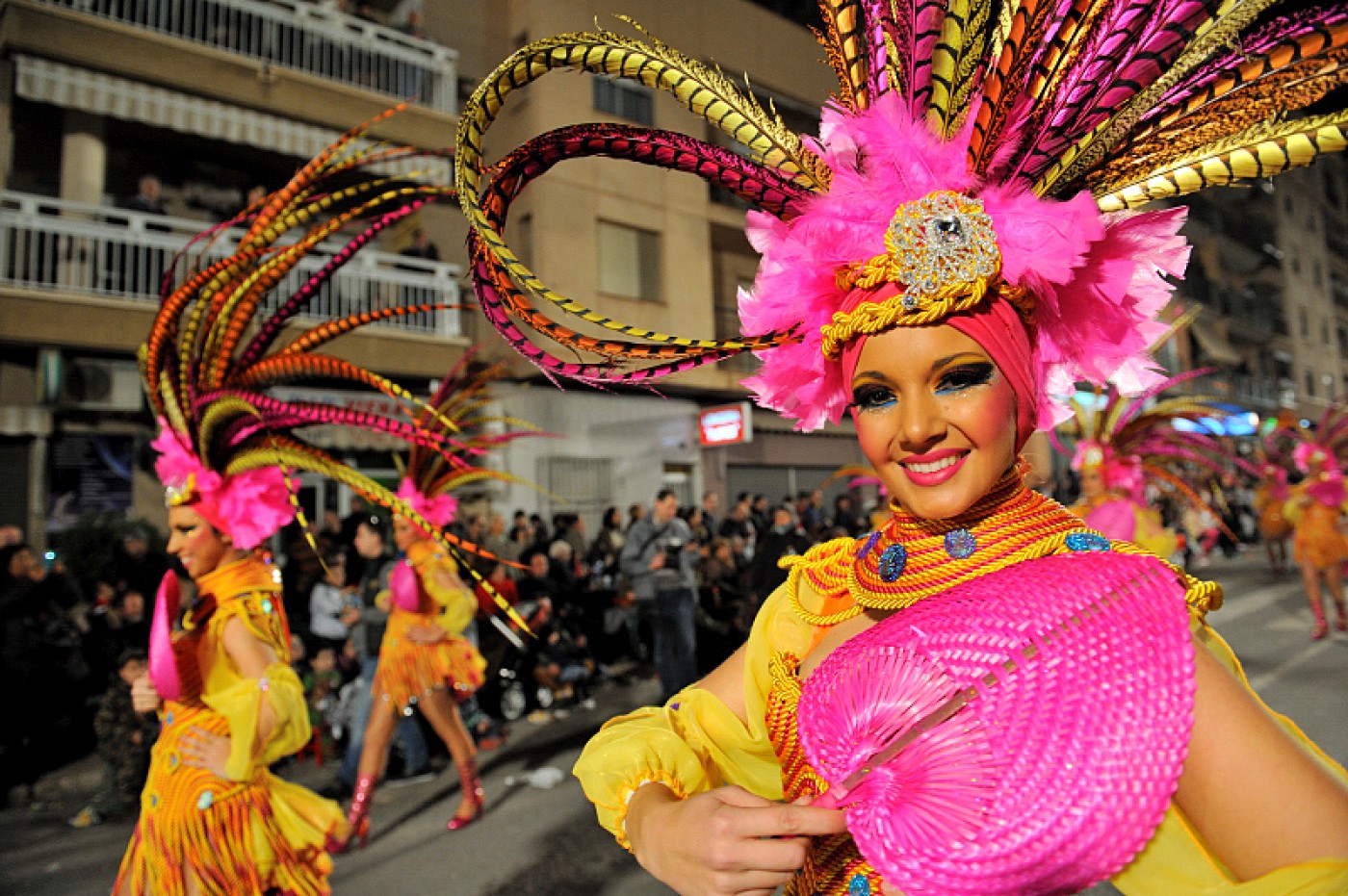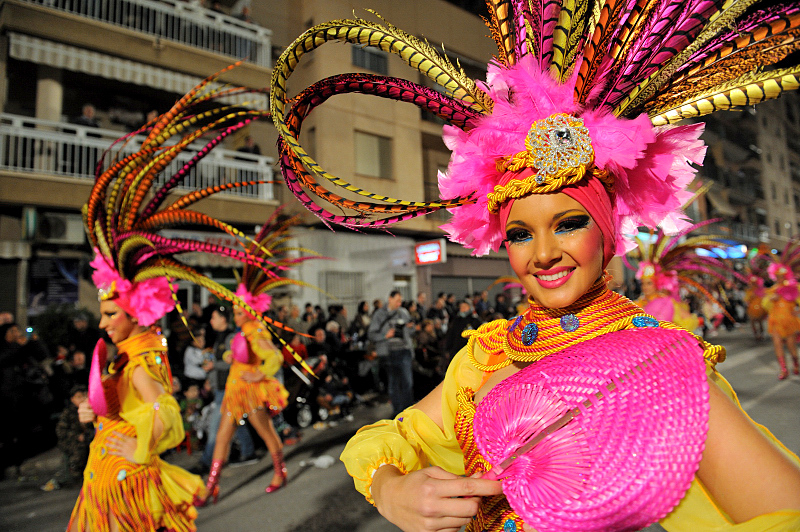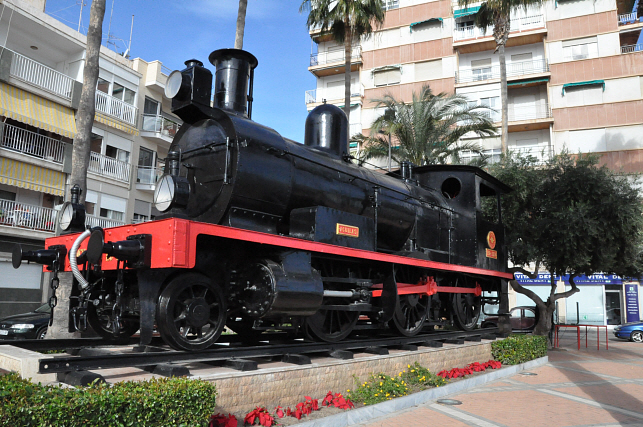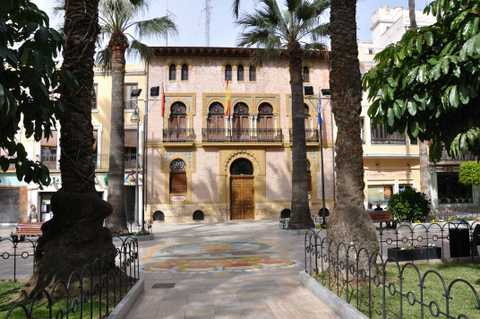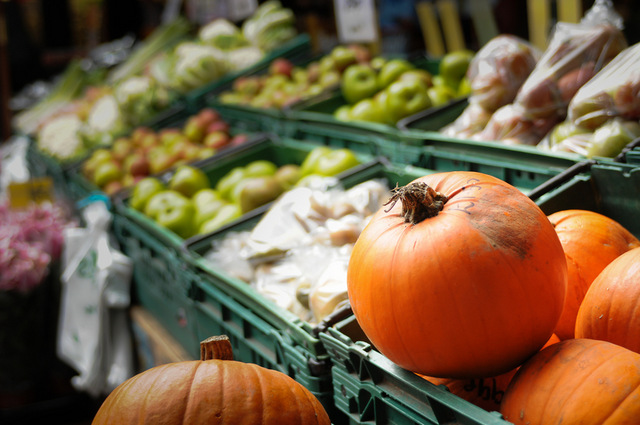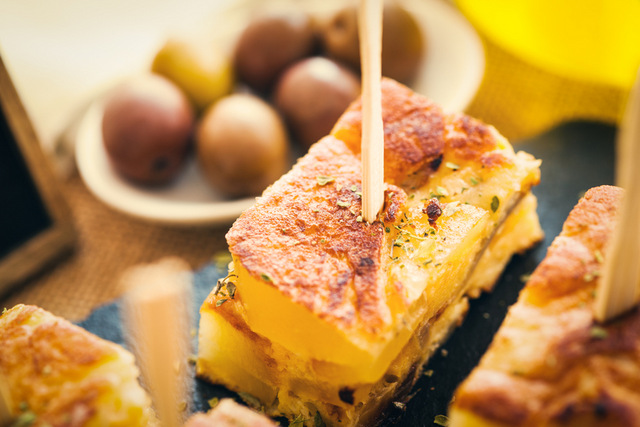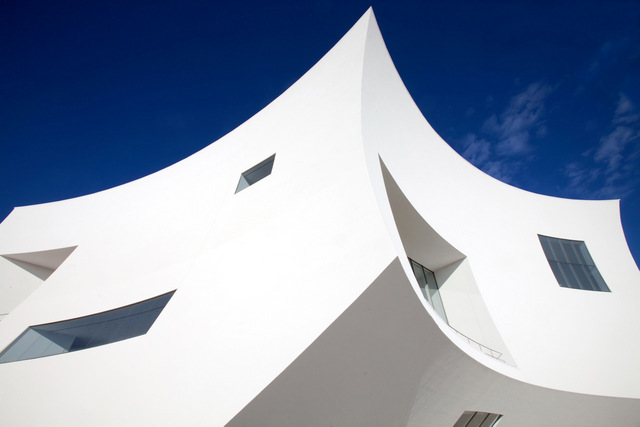Contact Águilas Tourist Office on +34 968 493 285
Send an Email
Click HereÁguilas articles can be searched using the boxes below or via the top navigation bar.
Introduction to Águilas
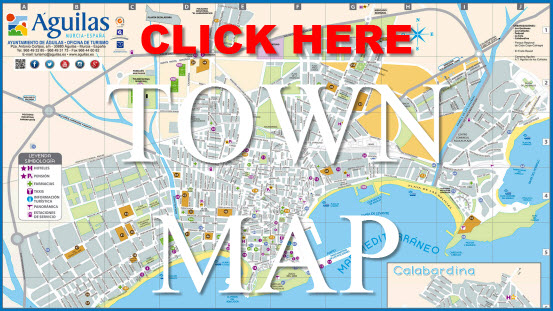
Águilas is a coastal town, with 28 kilometres of Mediterranean coastline, boasting 35 glorious beaches, many of them wild, unspoilt and natural beaches.
It is a popular Spanish summer holiday resort, and during the summer months has a busy cultural schedule, with probably the best summer entertainments schedule in Murcia. During 2011 the new Auditorio y Palacio de Congresos Infante Doña Elena was inaugurated, amplifying the cultural offering.


